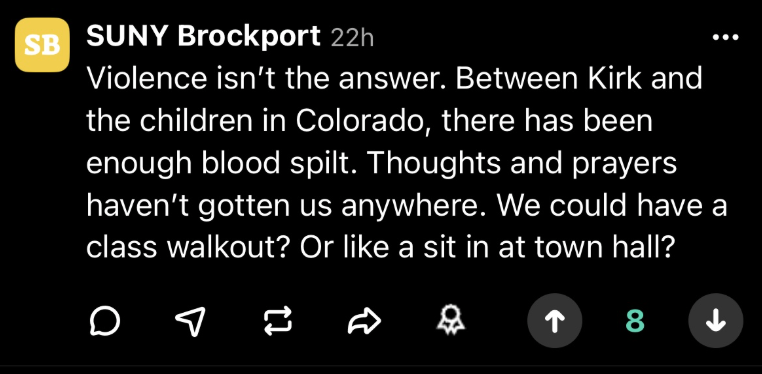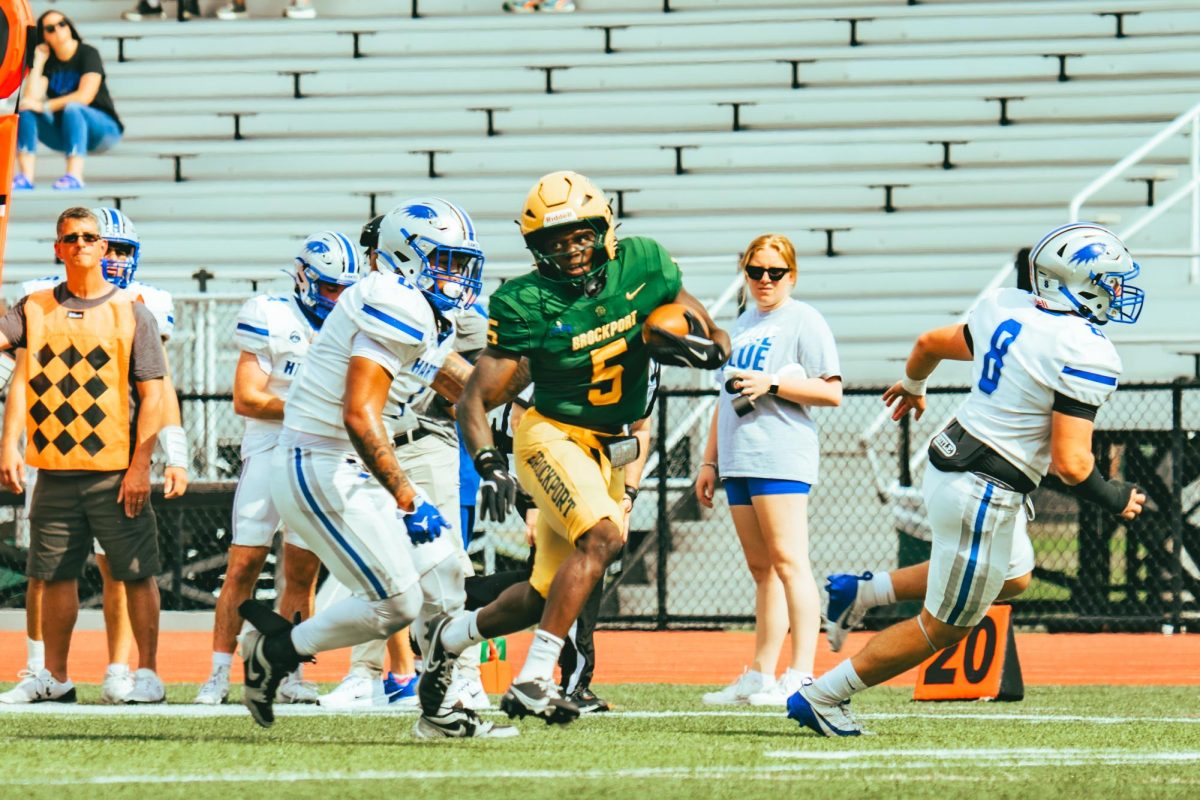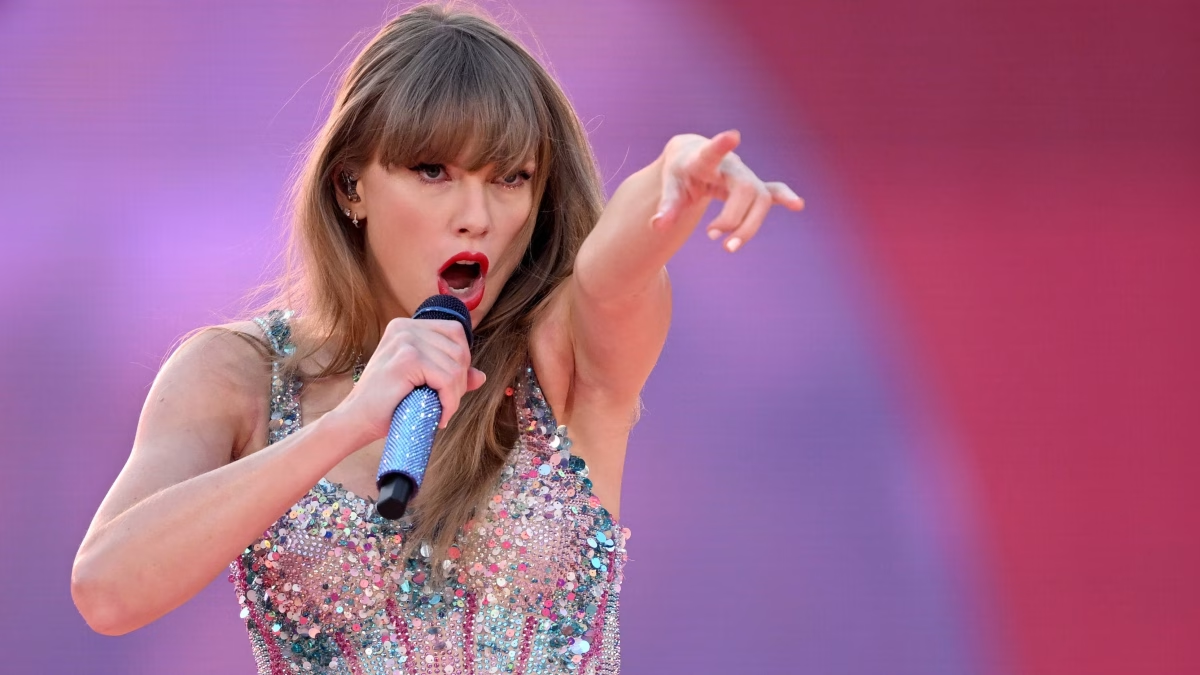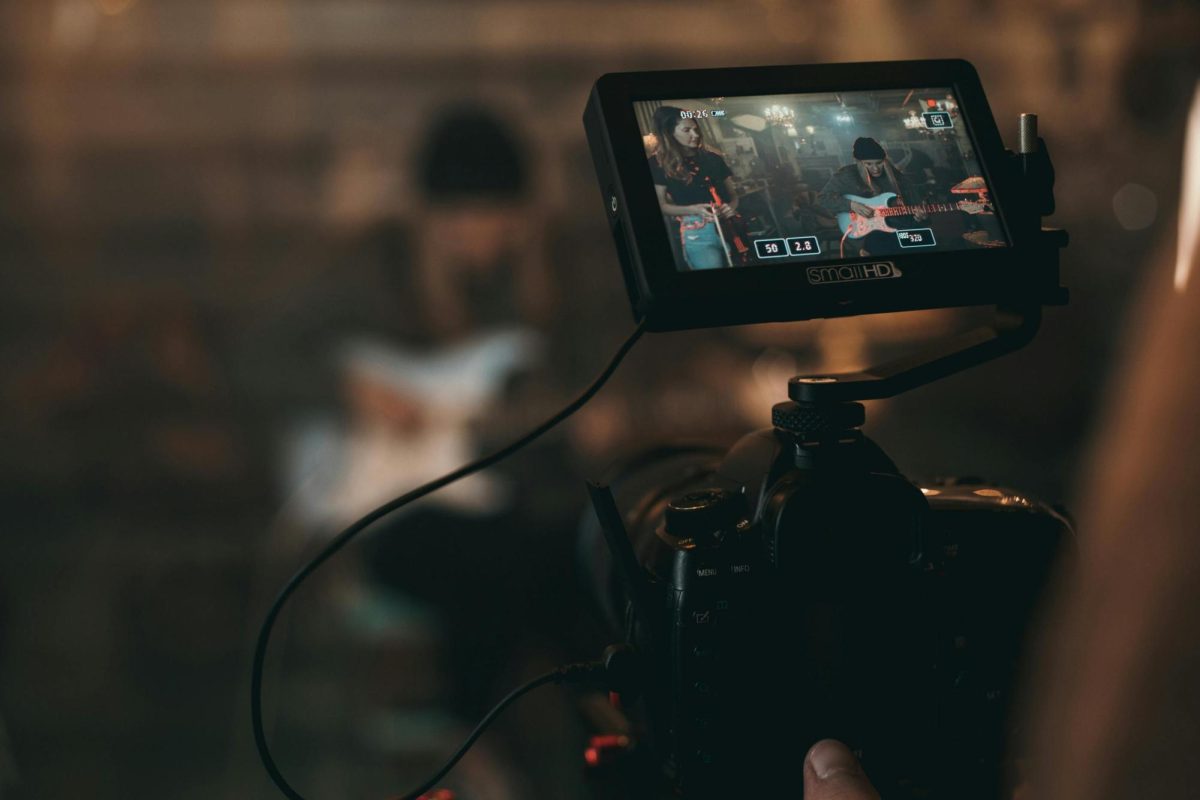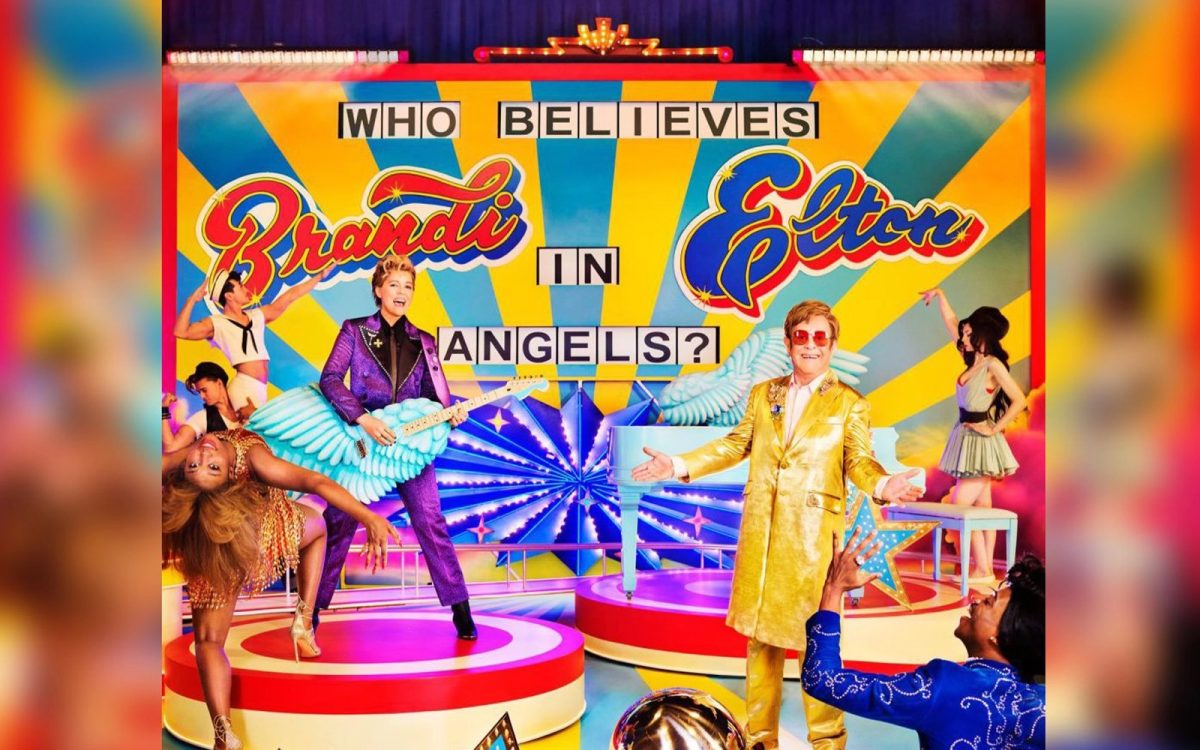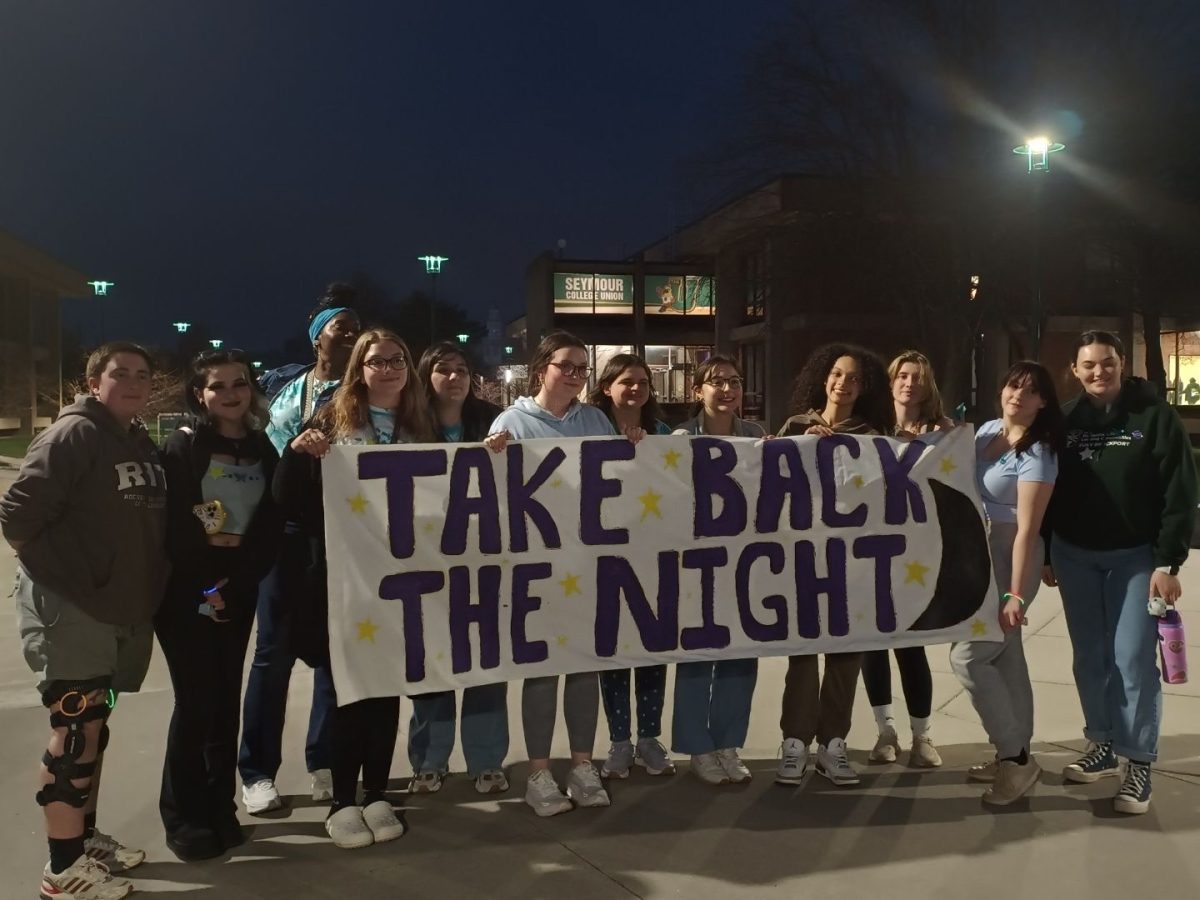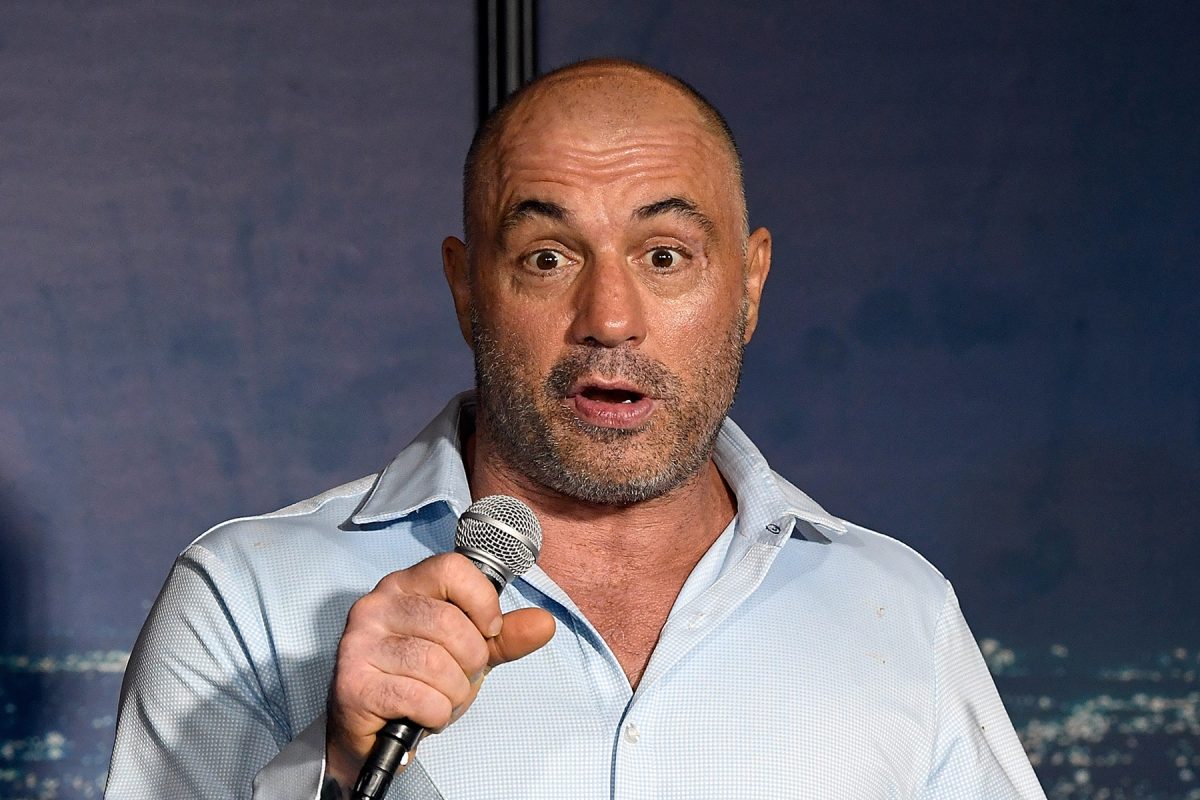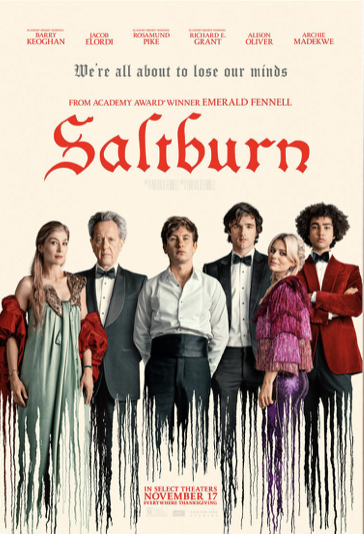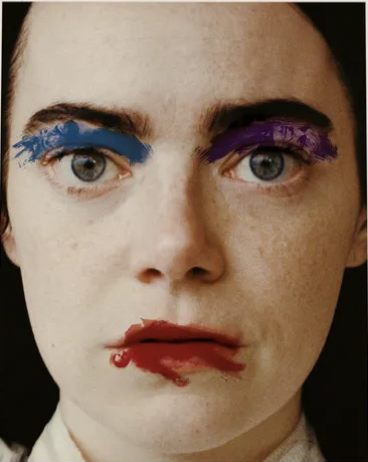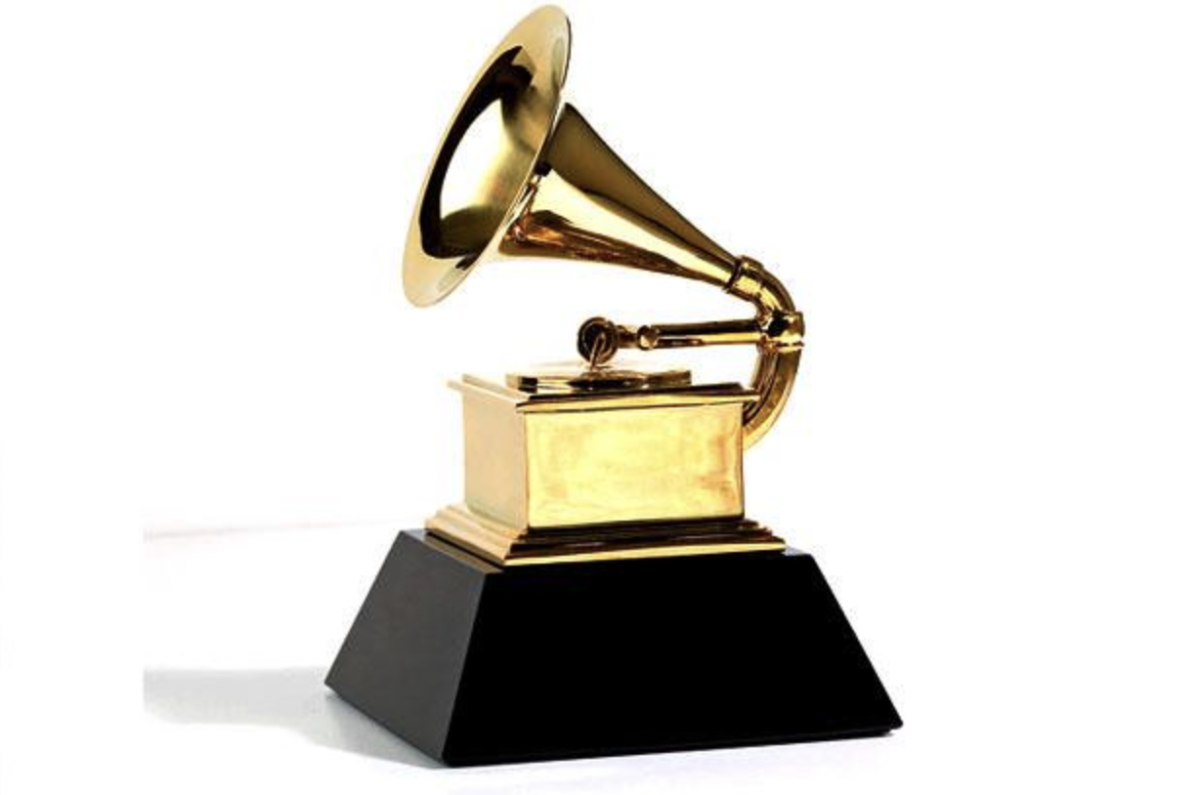How do artists in the streaming era respond to misinformation? They protest, at least in their own way.
Throughout the COVID-19 pandemic, UFC commentator and podcast host Joe Rogan has been inconsistent with his messaging surrounding COVID-19 mitigation and vaccination. He has been consistently critical of medical and science professionals but did admit to being a “moron” in response to backlash from Chief Medical Advisor Anthony Fauci. He has repeatedly denied the need to be vaccinated, especially for younger people who may have stronger immune systems.
After testing positive for COVID-19 in September 2021, Rogan began to cite a variety of treatments he was taking to combat the virus, most notably ivermectin, a substance primarily used as a horse de-wormer. He continued to push baseless claims about the effectiveness of these alternative treatments. In January, a letter signed by about 270 medical professionals was sent to Spotify, home of Joe Rogan’s self-titled podcast The Joe Rogan Experience (JRE), expressing concern over the misinformation that Spotify is financing and distributing on their massively successful platform.
Shortly after the publication of this letter, singer-songwriter Neil Young sent an open letter to his publishing company, demanding his music be removed from streaming on Spotify. He demanded that a company not make money from his work if they continue to distribute views that could be perceived as dangerous. Other artists, including Joni Mitchell and Young’s former bandmates Crosby, Stills and Nash have followed suit. Music from the singer-songwriter era of the early 1970s has slowly started to fade from Spotify.

In response to the increasing backlash, Spotify has committed at least $100 million to what they call “socially-conscious programming.” However, they have not done anything to monitor Rogan’s podcast. A podcast that receives around 11 million listeners per episode, The Joe Rogan Experience operates as a major catalyst for information, or misinformation, and Spotify’s lack of action toward Rogan’s show renders their other actions as much less significant.
After the controversy surrounding Rogan’s spreading of vaccine misinformation, he once again came into controversy with criticism surrounding his past use of racial slurs. According to NPR, “Rogan was following an ethic – he now says was wrong – which held that white people should be able to use the N-word if their intent isn’t to denigrate Black people.” Rogan claims that he never knew the impact that such a slur could have.
What is next for Spotify, however, remains unclear. Spotify is arguably more focused on the revenue they receive from podcasts on their platform than music. Joe Rogan has a much larger draw than any specific music artist, and considering the nine-figure annual salary they invest into their most popular podcaster, Spotify is undoubtedly committed to the success of JRE. The question is, where is the line?
If Spotify continues to finance and distribute the Joe Rogan Experience podcast, it will continue to spread his messages of misinformation. If Spotify removes Rogan from the platform, it will regain some of the artists it has lost. It seems unlikely that Spotify will act against Joe Rogan, considering its recent investment in his podcast, but will Spotify censor him to try to mitigate the loss of music artists? Only time will tell.

